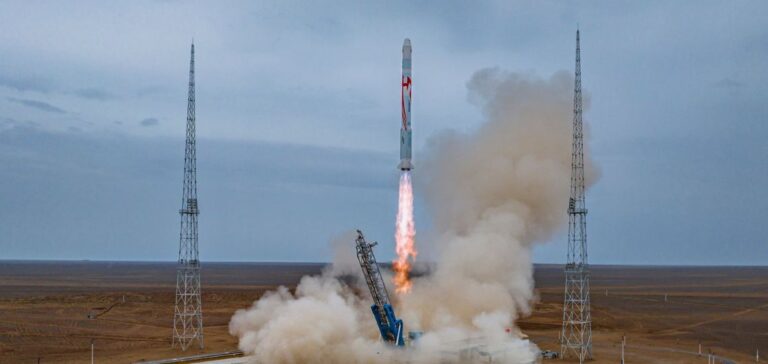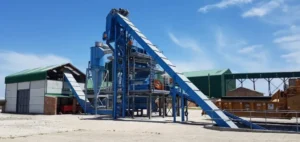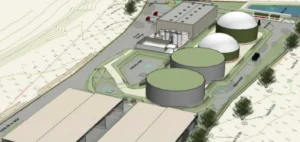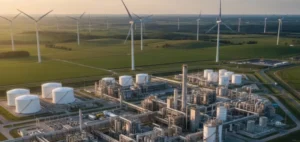Buoyed by GCL’s slogan “Bringing Green Power to Life”, Zhuque-2 (ZQ-2 Y2), a methane-fueled rocket developed by LandSpace in collaboration with GCL System Integration Technology Co., Ltd. entered orbit following its launch at 9 a.m. (1 a.m. UTC) from the Jiuquan Satellite Launch Center in northwest China.
China becomes the first country to send a rocket powered by liquid methane with Zhuque 2
GCL, a leading one-stop renewable energy service provider, is one of the main partners helping LandSpace build Zhuque 2, making China the first country in the world to send a carrier rocket powered by liquid methane into space, a cleaner, cheaper and more powerful fuel perfectly suited to reusable rockets. Thanks to its independent research and development activities, LandSpace has achieved a breakthrough in the technology used for the Zhuque-2, leading to significant progress in the application of low-cost liquid-propelled carrier rockets.
Environmental considerations are at the forefront of rocket research and development, and countries around the world are looking to replace technologies that promote carbon pollution as part of their efforts to combat climate change. Methane is an excellent low-carbon alternative to its traditional counterparts in many respects, including lower weight, less space and simpler maintenance.
The creation and testing of a rocket powered by this green, economically viable and safe propellant, with strong support from GCL, moves China to the forefront of the world stage. This milestone enables the country’s private aerospace sector to develop the next generation of robust, low-cost, high-performance carrier rocket solutions.
GCL builds wind and solar farms for a sustainable and economic future
The mission of GCL, a new leader in the energy sector and a pioneer in renewable energy innovation to facilitate the planet’s transition to clean energy, is in line with LandSpace’s commitment to designing greener, more efficient and cost-effective solutions that promote sustainable development on a global scale.
GCL sees this as an opportunity for both parties to pool their technological expertise to promote innovation in the renewable energy and aerospace sectors. The two companies will deepen cooperation to unlock the potential of generative artificial intelligence (AI) to digitize the entire aerospace value chain. A company dedicated to integrating renewable energies into everyday life, GCL is one of the main driving forces behind digital transformation and e-mobility innovation in the energy sector.
To help China and other countries accelerate the achievement of carbon emission reduction targets, the company has created several carbon-free industrial parks and smart cities. GCL is now maximizing the potential of renewable energy sources by building wind and solar farms in desert regions, bringing significant environmental and economic benefits to residents of surrounding areas. Meanwhile, the company’s participation in the Belt and Road Initiative (BRI) has accelerated the construction of new energy infrastructures around the world, decarbonizing and stimulating the economies of the regions where it operates.






















